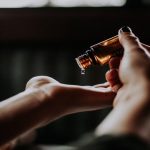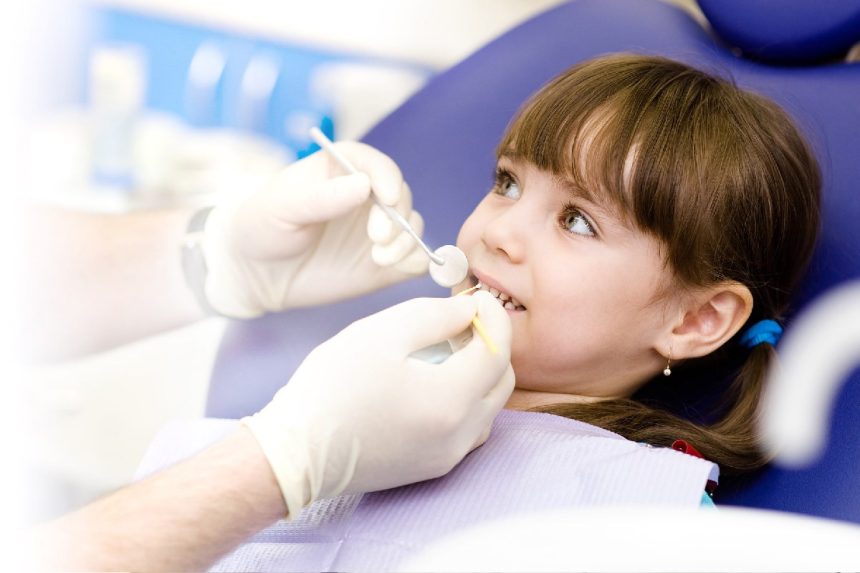Are you concerned that your lost teeth can affect your appearance? Do you want to restore them in order to gain back their function? Losing a tooth due to decay or injury may involve dental procedures. Choosing the best option for you will depend on your budget, long-term goals, and oral health.
Table of Contents
Preparing for a Dental Procedure
It is important that you prepare for the dental procedure to make sure that the process will be smooth and stress-free.
-
Understanding the procedure
If you are uncertain about the process, you can ask your dentist what to expect. There might also be potential risks and recovery time that you need to be mindful of. There are procedures that may require you to be sedated. So, you need someone to accompany you or drive you home afterwards.
-
Following Pre-Treatment Instructions
When you are scheduled for surgery or sedation, you need to avoid food and drinks for about 6-12 hours. Aside from that, if you have prescriptions or medical conditions, it is important that you inform your dentist beforehand. In fact, some patients may require antibiotics in order to prevent infection.
-
Maintaining Oral Hygiene
You need to brush and floss the area of your mouth where the procedure is going to take place. Keeping it clean will help make it easier for the dentist to operate. However, do not use strong mouthwash or whitening treatments before you undergo dental procedures.
-
After-Care Planning
Since you will be recovering from the surgery or extraction, you need to stock up some soft foods. You also need to have painkillers ready or as recommended by your dentist. If possible, pre-arrange a leave of absence from work to provide time to heal.
-
Staying Calm and Relaxed
It is best that you stay relaxed and keep calm if you are going to have a dental procedure. It can help to wear comfortable clothes. You may even bring your headphones or listen to music if you feel uneasy or anxious thinking about the procedure.
Assisting a Child or Elderly Person
Note that dental procedures require you to keep your hands and mouth clean before the appointment. However, if you are assisting someone to undergo a procedure, you might wear a pair of gloves and a surgical mask. For most dental clinics, they would prefer that you wear nitrile gloves to control the spread of infection.
Nitrile gloves are effective in protecting against bacteria, chemicals, and viruses. These are made of synthetic rubber and used in dental, medical, and industrial settings. They are considered a safer alternative to latex gloves. You can also assist them with their needs using a pair of nitrile gloves when you arrive home.
Moreover, if you are assisting someone, make sure that you bring along ID and an insurance card. As a matter of fact, it is important that you have along with you a list of their current medications and health conditions.
Give us a call if you need a brochure or catalogue about our high-quality oral care products. We can also provide for the needs of dental professionals, so feel free to contact us today!






